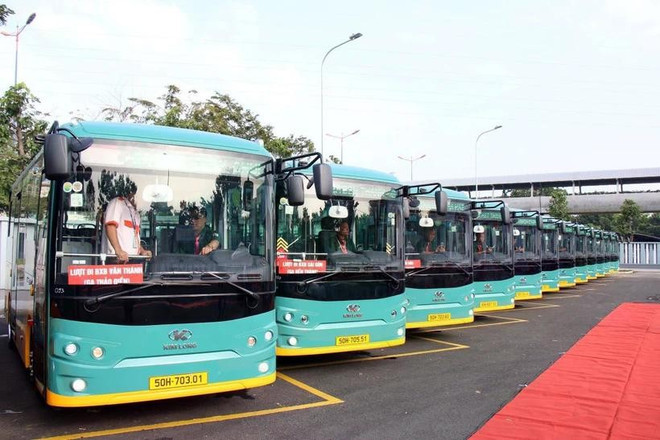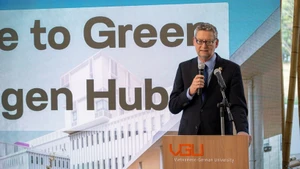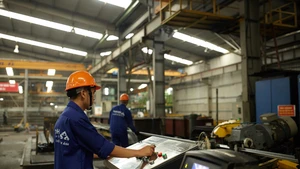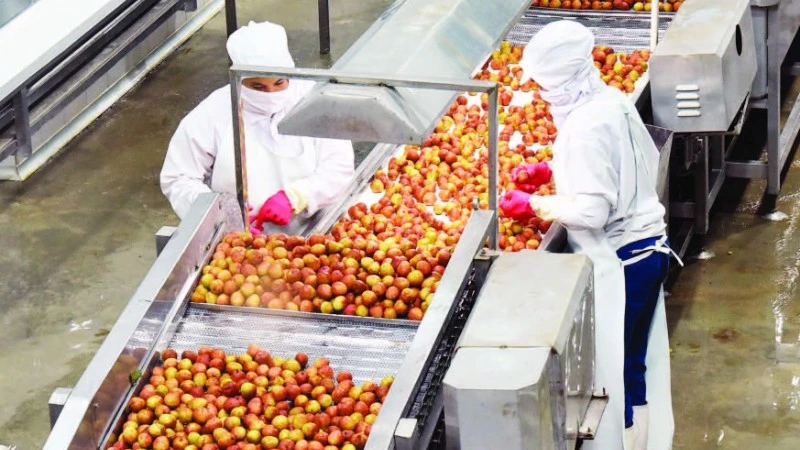This is part of a proposal by the municipal People’s Committee on building a roadmap and support policies for the transition.
Accordingly, diesel and compressed natural gas (CNG)-fuelled buses of subsidised routes will run until their contracts expire. After that, the vehicles over 15 years of use will be replaced with electric or green energy ones.
Meanwhile, CNG buses less than 15 years will continue providing public passenger transport services, but for no more than 15 years of use. Diesel buses no more than 15 years of use will continue providing services until 2029, and their transition will take place between 2025 and 2029.
For non-subsidised routes, 100% of their buses will be replaced by electric ones.
All routes opened from 2025 onwards will use electricity. From 2030, all buses in HCM City will use electricity or green energy.
Public transport operators will be encouraged to implement the scheme ahead of schedule, according to the proposal.
To support the transition, HCM City is set to build electric vehicle charging and CNG filling stations.
From 2025 to 2030, the city will invest in 25 charging stations and 269 charging pillars at coach stations and parking lots managed by state agencies. During 2025 - 2026, it will develop CNG filling stations at the District 8, Nga Tu Ga and new Mien Dong (Eastern) coach stations.
According to the municipal People's Committee, the transition roadmap and support policies will be submitted to the municipal People's Council at a meeting in January next year.
HCM City currently has 138 bus routes with 2,209 buses in operation. Of which, 546 vehicles use clean fuel (CNG and electricity) and the rest use diesel, accounting for 75.3%.
















